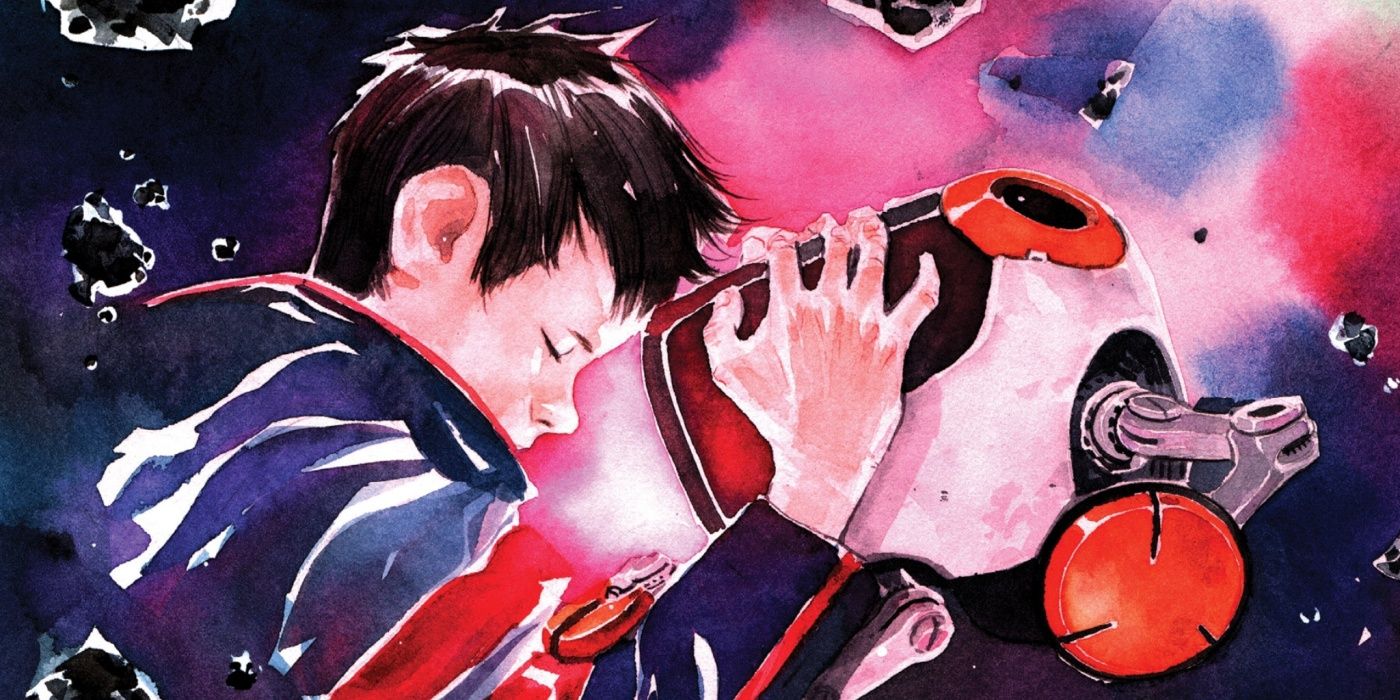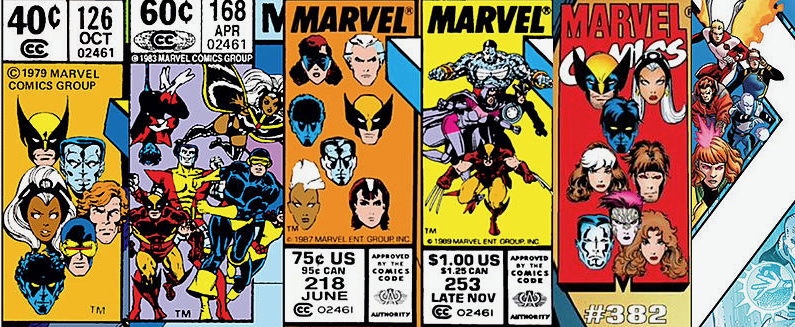Disney’s latest live-action remake of Snow White has ignited a growing conversation in Hollywood about the direction of its content strategy. According to a report from The Daily Mail, the film’s underwhelming box office performance has spurred studios to reconsider their focus on “woke” storytelling and instead revisit the kind of family-friendly entertainment that defined their success over a decade ago. Industry insiders are reportedly describing the situation as “survival mode,” with projects that bypass DEI (Diversity, Equity, and Inclusion) mandates now being fast-tracked.

The numbers don’t lie: Snow White opened with a lackluster $43 million domestically, far below expectations for a film with a $250 million production budget. The movie’s second-weekend drop of 66% marked the worst decline for any Disney live-action remake, even surpassing flops like Dumbo and Haunted Mansion. This dismal performance has been compounded by controversies surrounding its casting choices and remarks from lead actress Rachel Zegler, which alienated portions of the audience.
An unnamed Disney insider told The Mail, “When the #MeToo movement and George Floyd protests happened, every studio in town jumped on the woke bandwagon. Five years on, everyone is desperately trying to save themselves and Hollywood. You can’t underestimate the fear behind closed doors. This feels like a battle for survival.” These comments reflect mounting concerns that prioritizing diversity benchmarks over storytelling is alienating traditional audiences.
Related #OscarsSoWoke: Diversity Requirements Disqualify Best Picture Contenders
Critics of Hollywood’s current trajectory argue that so-called “tick-box” exercises—such as race-swapping, gender-swapping, or other identity-focused casting decisions—are driving audiences away. While niche films centered on specific demographics often succeed without backlash, the perception that every major production must meet an ever-expanding list of representation quotas has created tension. One Oscar-nominated producer remarked, “Classic films like The Godfather and Casablanca couldn’t be nominated today because their casts weren’t diverse. Instead, you have films like Emilia Perez [about a cartel boss who transitions from male to female], which appeal to no one except a handful of ultra-left liberals”.

Even insiders admit that the push for DEI wasn’t entirely altruistic. A Prime Video source claimed it was seen as a way to attract young audiences rather than genuinely support minorities. However, those younger viewers aren’t necessarily buying tickets or streaming content in numbers sufficient to justify these strategies. Now, with financial realities setting in, studios are reportedly scrambling to pivot back to content that resonates more broadly with audiences.
Ultimately, Hollywood appears caught in a cycle of reactionary decision-making. Until studios return to creating movies for the sheer joy of storytelling—without trying to appease every demographic simultaneously—the industry risks further alienating its core audience while failing to satisfy its critics.
****



















 English (US) ·
English (US) ·